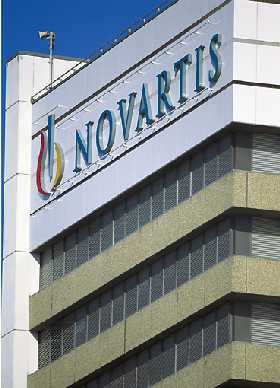Title: Pharmaceutical and Clinical Trial Logistics Asia Pacific - Conference
Date: 18 July 2011 & 19 July 2011
Venue: Grand Copthorne Waterfront Hotel
392 Havelock Road, Singapore, 169663
About Pharmaceutical and Clinical Trial Logistics Asia Pacific - Conference
As supply departments face increasing pressure to justify and bring down prices, the focus on efficiency is becoming ever more important. Expeditiously gains to be had from forecasting right through to delivery, it's identical requirement to understand and defeat the challenges such as export delays, regulatory hurdles, and unexpected logistical problems.
Also among the key cause for high R&D costs is due to logistical failures admitting failure to recruit patients on time. The developed world is searching ways to avoid this is by moving clinical trials to emerging markets such as Asia. However by moving clinical trials to these regions other logistical problems emerge such as regulation, customs, quality assurance etc.
- Identify inefficiencies in your supply chain and develop strategies to streamline them
- Understand the legislative requirements around pharma-logistics in the APAC region
- Learn from and network with senior industry experts in this area
- Explore lean manufacturing and effective supply chain management processes to expedite your processes
Who to Pharmaceutical and Clinical Trial Logistics Asia Pacific Conference
- Heads of Supply Chain
- Heads of Logistics
- Heads of Clinical Supply Operations
- Heads of Clinical Trials Logistics
- Heads of Clinical/Investigational Supplies
- Heads of Shipping and Distribution
- Heads of Clinical Labelling / Packaging
- Heads of Clinical Trials Material Management
- Heads of Clinical Supplies Manufacturing
- Heads of Clinical Quality Assurance/Quality Control
- Heads of Regulatory Affairs
- Sourcing and Procurement Managers
For More Details and Registration "Please Click Here"






